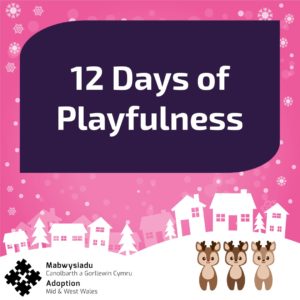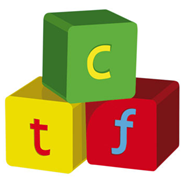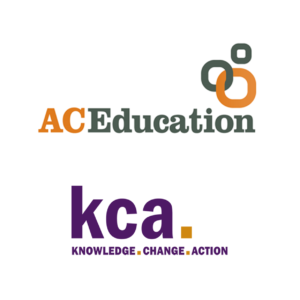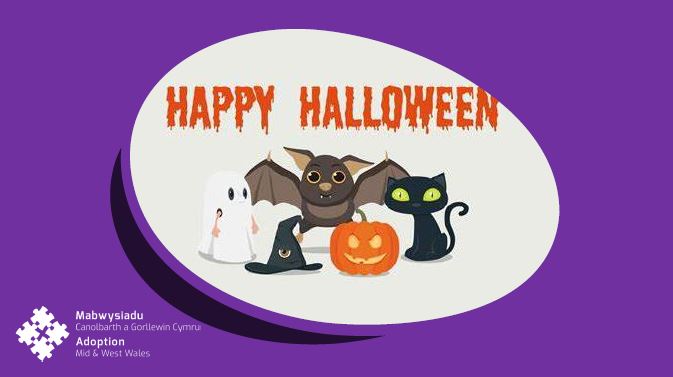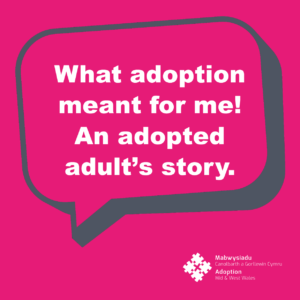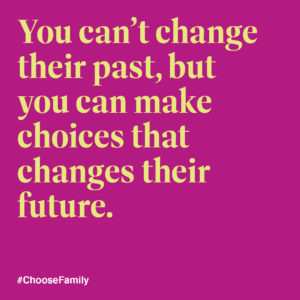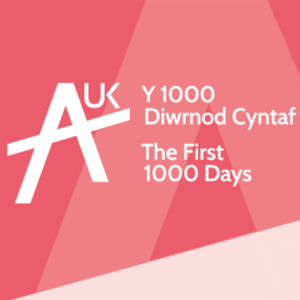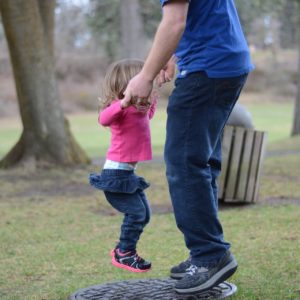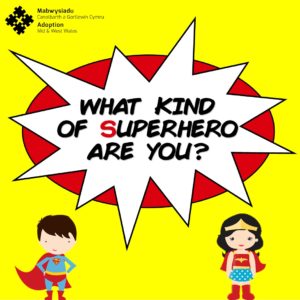Relationship Based Play (RBP) is a child and family therapy for building and enhancing attachment, self-esteem, trust in others, and joyful engagement. It is based on the natural patterns of playful, healthy interaction between parent/carer and child and is personal, physical, and fun!
These 12 days of Playfulness ideas are some activities that you can try and will enhance your approach of using RBP. If you do it wrong, it is just play which is great for your children! The activities need your imagination to add detail and are not competitive but playful and fun!
Enjoy!
Day 1 (13th December)
Snowball fight with scrunched up toilet paper or cotton wool.
Keep hold of the snowballs to use in other games we have planned in the coming days.
Day 2 (14th December)
Create your own elf to put up on the wall.
Get your child to lay still on a large sheet of paper (or multiple sheets stuck together). Draw an outline of our child and colour in together.
Don’t forget to leave room for your little elf’s hat and share your creations with us.
Day 3 (15th December)
Snowball cup game.
Simply place paper cups on the floor/table and take in turns to throw scrunched up toilet paper or cotton wool.
Day 4 (16th December)
Why not make a Christmas present out of your child, by wrapping their body in wrapping paper and getting them to break out – Don’t forget the bow on top.
Or alternatively turn them into a snowman by wrapping toilet roll around them and again getting them to break out.
Day 5 (17th December)
Sing a Christmas song as a family and including your child’s name in the song.
“(Child’s name) the snowman was a jolly happy soul,
With a corncob pipe and a button nose
And two eyes made out of coal.”
Day 6 (18th December)
Build a den/grotto.
Creating a space where your child/ren can feel safe, during the big build up a week before Christmas. Use the den as a good hiding place for hide and seek.
Day 7 (19th December)
Snowball Basketball
Make a hoop out of your arms and take it in turns to shoot some hoops with scrunched up toilet roll or cotton wool
Day 8 (20th December)
This little Reindeer.
Just like ‘This little piggy’ nursery rhyme, add a festive twist by incorporating Santa’s reindeer.
Day 9 (21st December)
Go on a festive scavenger hunt
How many of these decorations can you spot near your home?
Christmas Tree; Festive lights on a house; Snowman; Santa; Snowman; Reindeer
Day 10 (22nd December)
Santa Balloon tennis
Decorate a balloon as Father Christmas and/or Rudolph, and gently knock back and forth keeping the balloon from hitting the floor.
Day 11 (23rd December)
Snowball blow
Take it in turns to blow cotton wool, back and forth with your child. This is a great exercise for children to self-regulate.
Day 12 (24th December)
Measuring and feeding.
Why not use string fruit sweets to measure your child’s smile.
If adoption is something you have considered, but want to learn more, please contact us for an informal discussion. We’ll support you every step of the way and help to create your golden moments of becoming a family.
You can get in touch by phone 0300 30 32 505 or email adoptionenquiries@carmarthenshire.gov.uk



